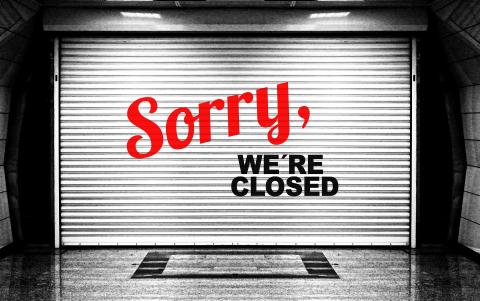Tesla not closing stores, yet.

After announcing it would be closing the few stores it has, Tesla changed its mind. The company wants to move to an online-only sales model, but apparently they didn’t realize that the change couldn’t happen overnight. It would take several years to happen.
The idea continues the cry for help. They’re running out of money, and not having retail stores reduces overhead. Perhaps they got the idea from Carvana, which allows consumers to browse, finance and trade in their current vehicles 100 percent online. This innovative concept is great for typical car sales, but are luxury car buyers going to be interested in making a large purchase, like a Tesla, without viewing and driving the vehicle? Without someone to walk them through all the features?
Tesla delivered approximately 215,000 units last year, but how can it grow that number without a dealer body working for it? While it tries to compete with other luxury brands, like BMW and Mercedes who sell millions of units annually, not having retail locations would significantly limit growth. There would be no sales people eager to make money, to inform buyers and encourage them to purchase. Tesla would be relying on buyers to seek them out and make a decision solely based on what they find on a website. If you’re buying a new shirt, that’s an acceptable expectation, but things change when someone is buying a $90,000 car.
Tesla already has a failing grade from the BBB as we discussed last week. Closing more stores will not increase customer satisfaction. It will leave customers having to call 800 numbers for questions and concerns about their vehicles, removing the personalized experience luxury brand car owners are looking for. It will create a longer backlog of complaints than the automaker is already dealing with.
Another question to be answered is, where will vehicles be stored if not at a dealership? Will they sit deteriorating in a lot somewhere? This may bring down vehicle quality and increase warranty claims. Then you add in storage fees, and the bills start racking up even faster for Tesla, a company who is already in questionable financial waters. Sure closing stores may save some money, but keeping service centers open is vital. So, now Tesla will have buildings being half-used or moving them. Hopefully the next step won’t be closing those too, expecting customers to ship their cars for service.
The brand is all the rage among car-buyers at the moment. New models are being released (the Model Y coming soon), but is it safe to buy a car whose maker and servicer could be gone in five or ten years? Removing brick and mortar sales and delivery locations are going to make buyers think twice about the stability of the company and its product.






